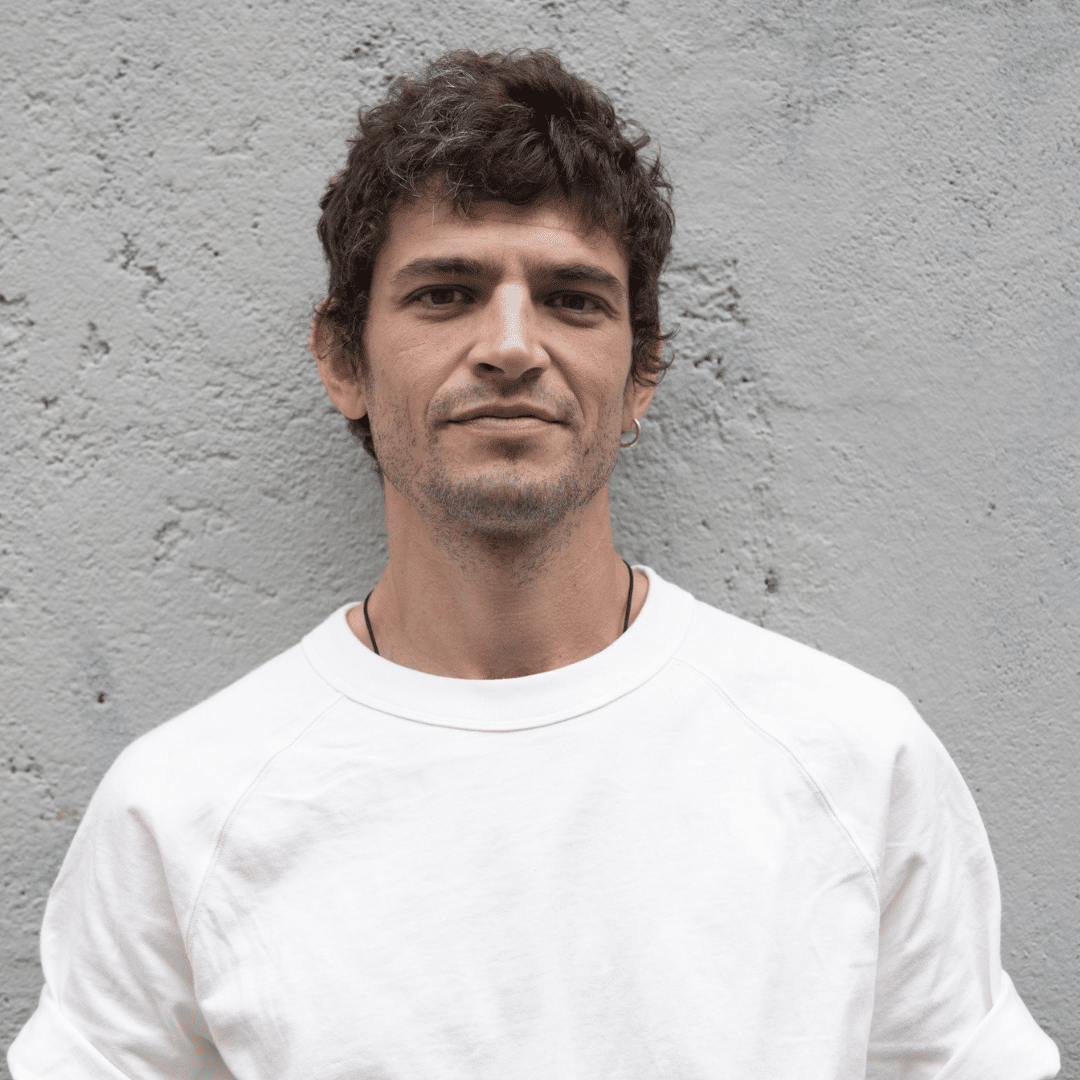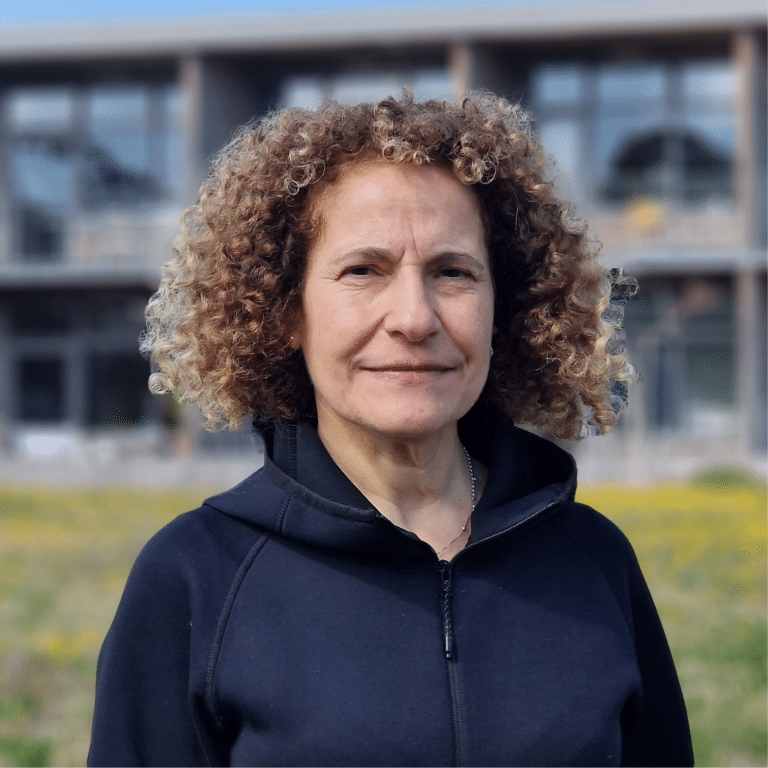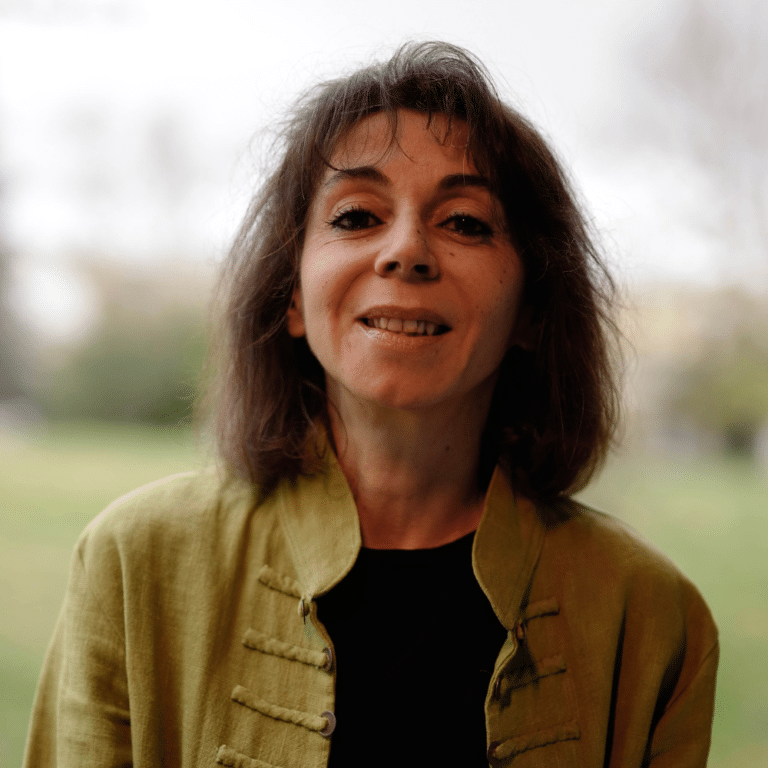Research project
Summary of research project
Jeremie Brugidou’s research-creation project at Iméra, the Institute for Advanced Study of Aix-Marseille University, aims to explore human and non-human biomediatics in the ocean, highlighting bioluminescence as a fundamental ecosystem phenomenon and examining the relationships between images, living beings, and human mediations.
Exploration of the concept of human and non-human biomediatics in the ocean:
The objective is to create a unique installation by cultivating luminescent bacteria in transparent structures, both in underwater conditions (such as in subaquatic museums in the Mediterranean) and on land (exhibitions at Mucem, for example). This installation will be juxtaposed with scientific imagery generated in the depths of the Mediterranean, providing a reflection on the genesis of images in the face of the degeneration of certain biotopes, the emergence of new ones, and the growth of generative artificial intelligence.
The project draws inspiration from a multidisciplinary approach, incorporating media theory, environmental humanities, and arts-sciences research. Jeremie Brugidou has previously studied bioluminescence and underwater media theory during his thesis and residency at MIO (Mediterranean Institute of Oceanography). Now, he aims to develop an anthropOcéanique media theory, closely related to abyssal imagery and bioluminescence, which represents one of the most fundamental and astonishing ecosystem phenomena in the ocean.
Biomedialuminescence and polychronies of the monochrome 490 nm:
The research is grounded in bioluminescence, a widely studied phenomenon in marine biology and advanced biomimetic engineering. It has also been explored by authors in philosophy, zoology, and art theory. Jeremie Brugidou aims to highlight the connection between contemporary image theory and living beings through bioluminescence and the most innovative underwater imagery generated by teleoperated robots in the abyss.
The project involves a collaboration with the architecture firm Rougerie+Tangram to design innovative receptacles for luminescent bacteria, inspired by local living organisms, to optimize their light production and enhance their longevity in underwater environments. These receptacles will be placed in subaquatic museums serving as artificial reefs, such as the Grotte Cosquer, to explore the temporal aspects of human culture in relation to the evolution of living beings.
The ultimate goal is to create an immersive installation that allows visitors to experience underwater bioluminescence while raising questions about the processes of creation in a shared and predominantly underwater world. The project is collaborative, bringing together partners from life sciences, architecture, design, and artists to explore crucial contemporary themes such as ecological challenges, human mediations, ethics, ecology, and artistic approaches to social critique.
Biography
Jeremie is an artist-researcher: filmmaker and Ph.D. in Arts. He is the author of two feature-length documentaries, as well as numerous visual essays.
In 2020, he defended his thesis titled “Towards an ecology of emergence: The mystery of form genesis through a bioluminescent Annunciation in James Cameron’s work” at the University of Paris 8. The thesis was co-supervised by Christa Blümlinger and Dominique Lestel (ENS Paris). He received a postdoctoral fellowship (2020-21) as part of a project entitled “The Aesthetics of the Present: Powers of the Moving Image,” funded by the Balzan Foundation. The title of his research project is “Biomedialuminescence: Towards an ecology of emergence.”
He fuses his work with research-creation, establishing fruitful connections between arts and sciences. In this context, he has authored several scientific articles in French and English, contributed to book chapters, and co-edited a special issue of the journal Social Science Information (SSI) on the theme of the ocean.




